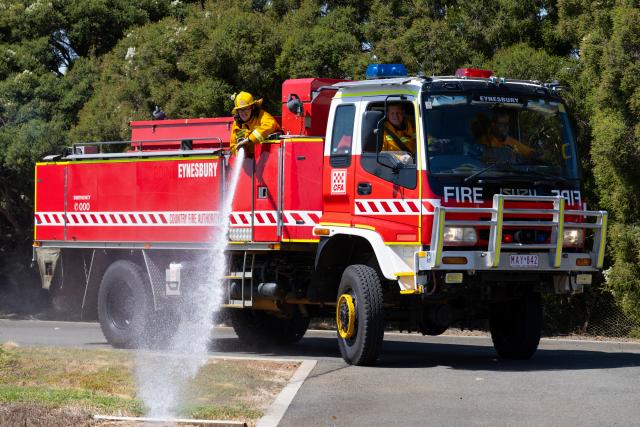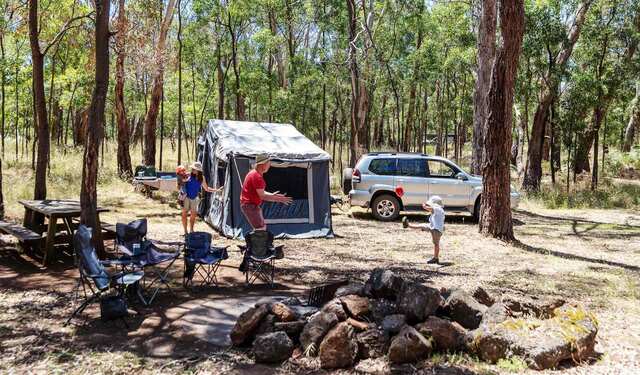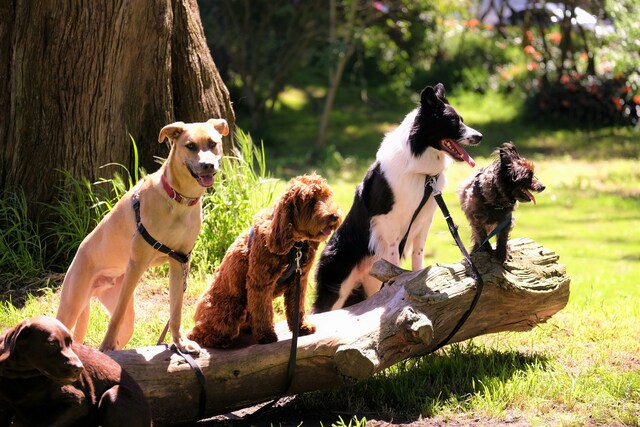The Country Fire Authority (CFA) is warning Sunbury and Macedon Ranges residents to get prepared for a warmer, drier summer season.
The comments follow the Bureau of Meteorology (BoM) declaring that El Niño and a positive Indian Ocean Dipole (IOD) are underway.
El Niño events increase the risk of extreme temperature shifts, like heatwaves and hotter days in spring and summer, while a positive IOD contributes to greater fire risk over south east Australia in spring.
CFA District 14 acting assistant chief fire officer David Clancy said that the current fires in New South Wales demonstrate the weather events have already started to have an impact. District 14 covers Bulla, Melton, Sunbury, Werribee and Whittlesea.
Mr Clancy said this means crews have the potential to be more active than they have been in previous years.
“Given that we’ve had a wetter than normal season, we’ve had more growth in the grasslands, so going along with that we have an increased fire risk.
“The grassland is dry already… we’re starting to see an increase in grass fires occur in the last couple of weeks.”
Mr Clancy said it’s important for residents to have and know their fire plan for both rural and suburban properties, and to be aware of CFA’s “two streets back” advice for grass fires.
If you live next to grassland and a grassfire starts, walk at least two streets back from the fire.
Along with advice for an increased bushfire and grass fire season, Mr Clancy also reminded residents to not forget the basics of house fire prevention, and ensuring houses have working smoke alarms.
CFA deputy chief officer Gavin Thompson agreed and said while the Macedon Ranges may not be a hotspot today, there will be potential increase in fire activity
“We’ve had a couple of quiet years in the fire sense, but with changes in weather we will see a change in activity,” he said.
The last time Australia encountered both El Niño and a positive IOD was in 2015.







